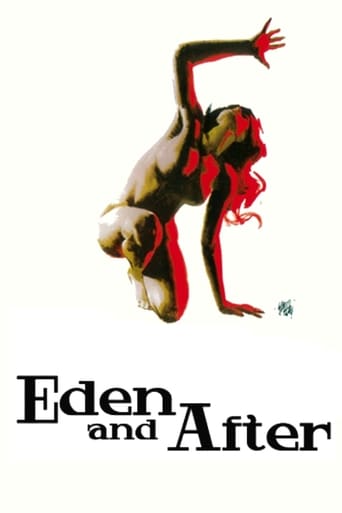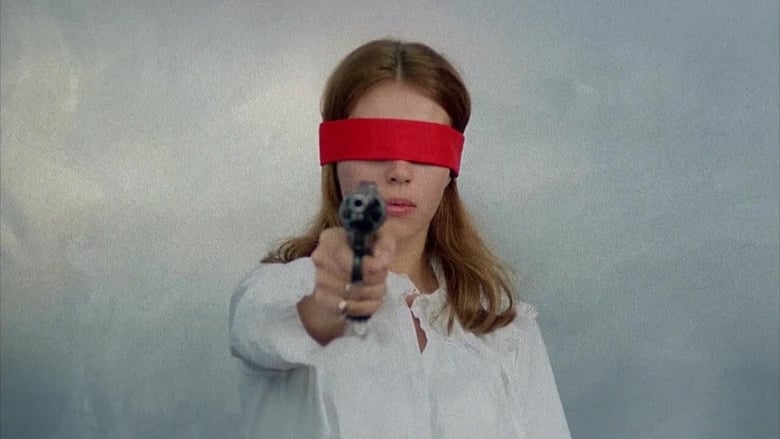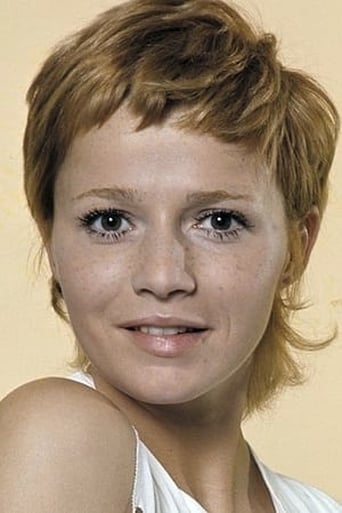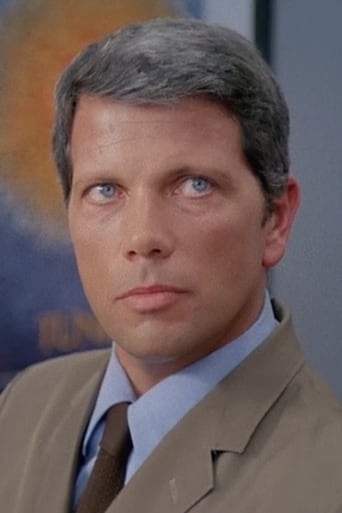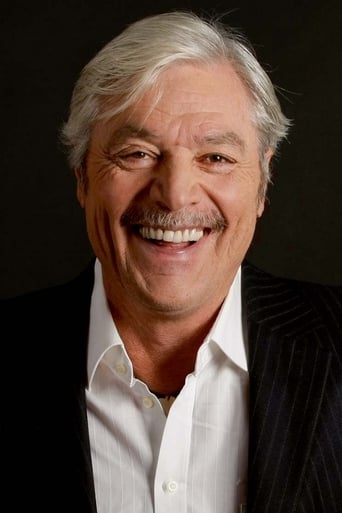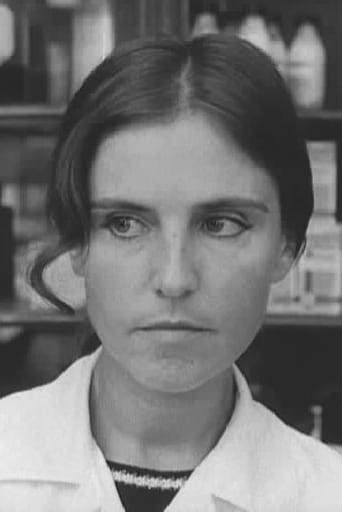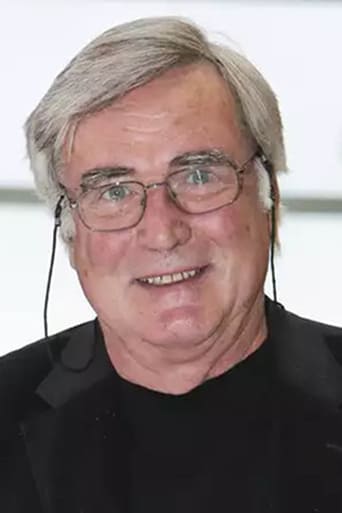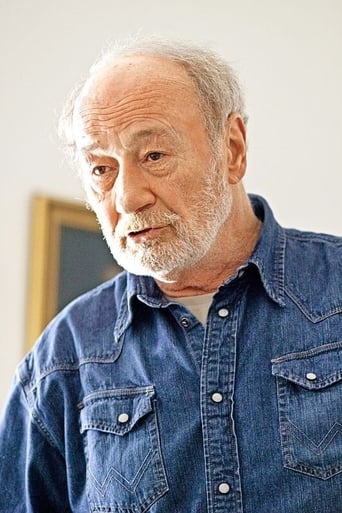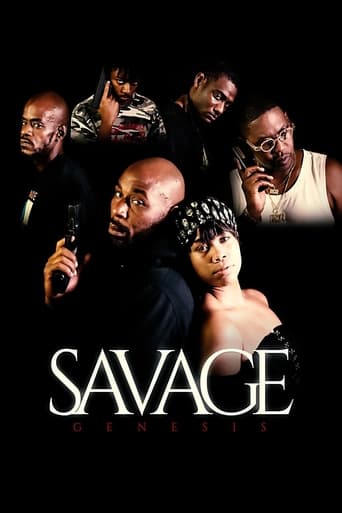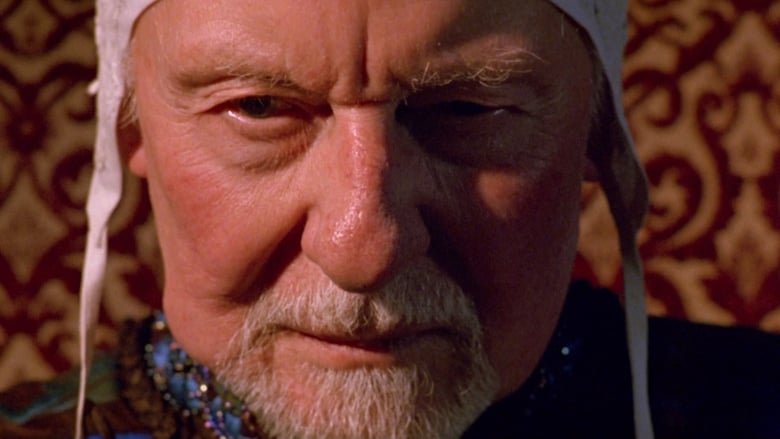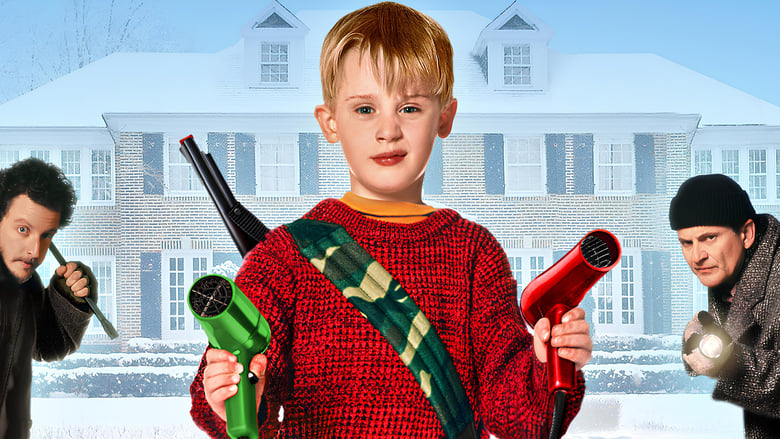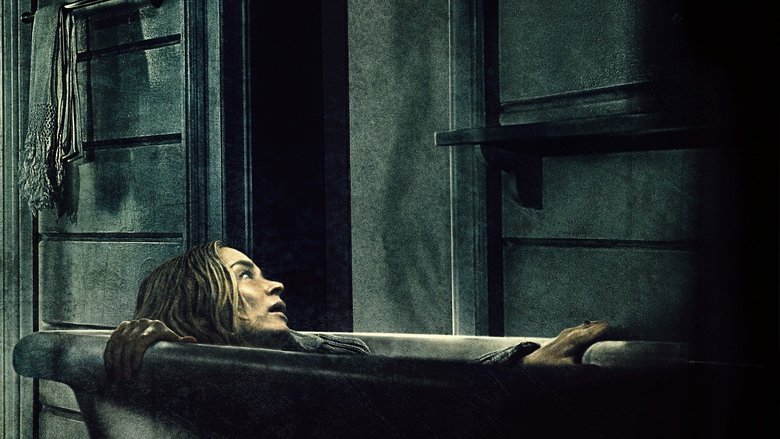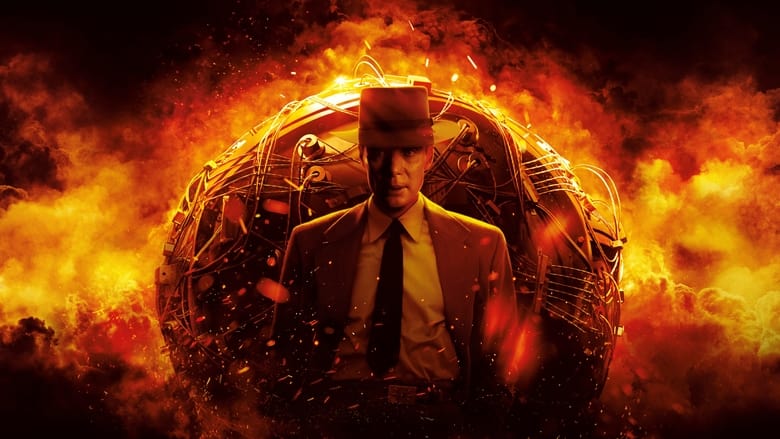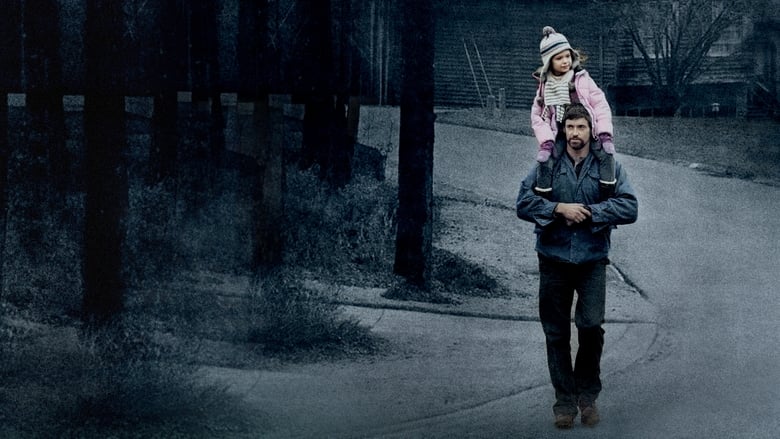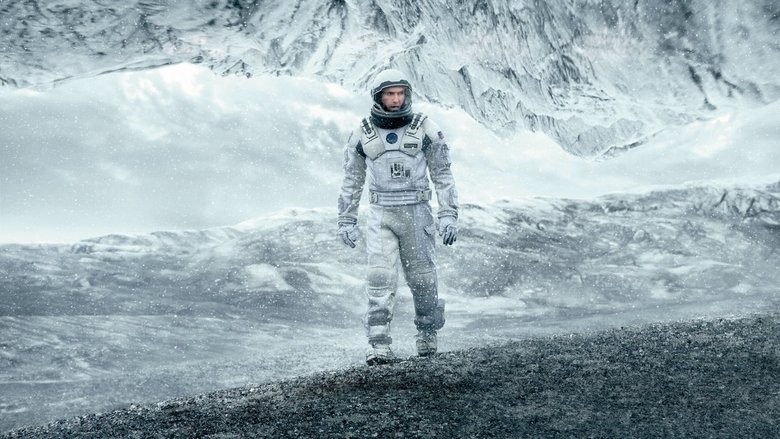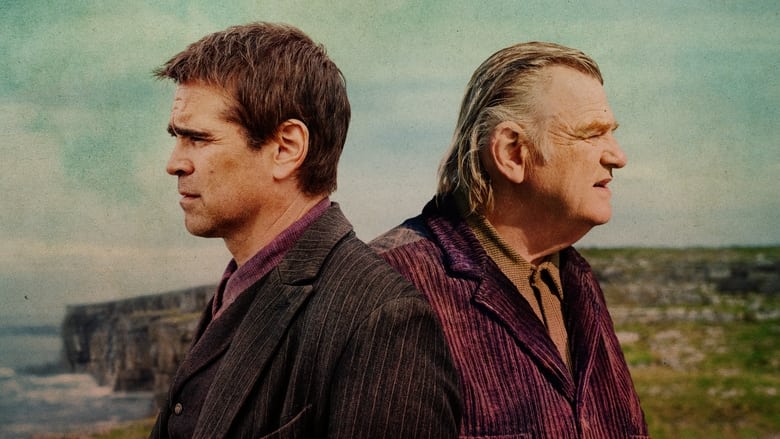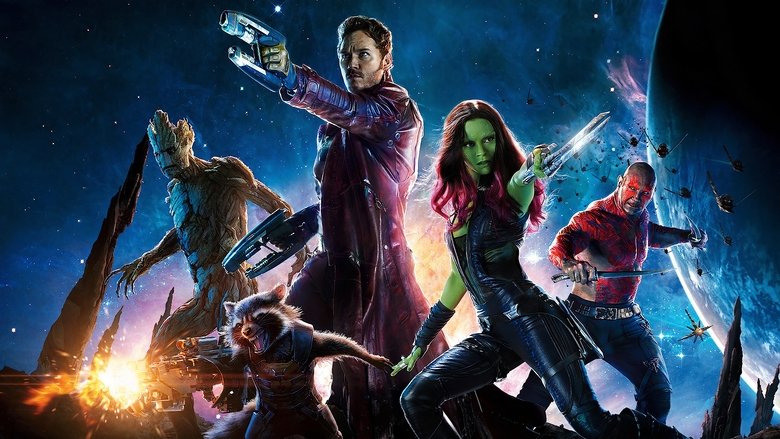A group of French students are drawn into the psychological and sexual games of a mysterious man called Duchemin. Once they sample his "fear powder" the students experience a series of hallucinations.


Similar titles
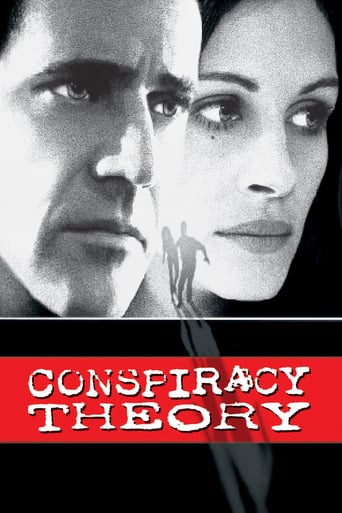
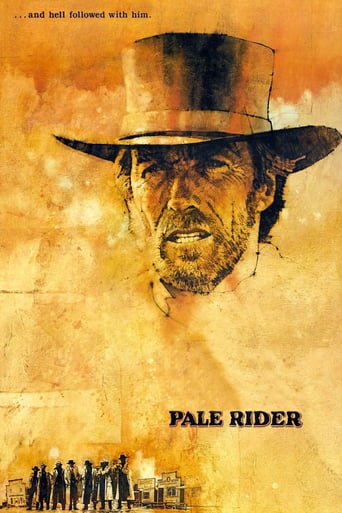
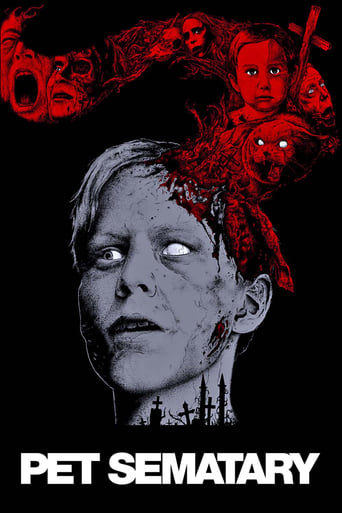

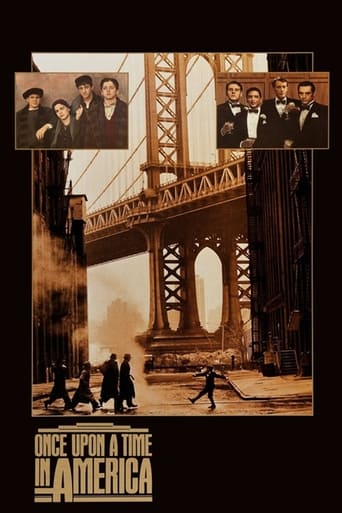

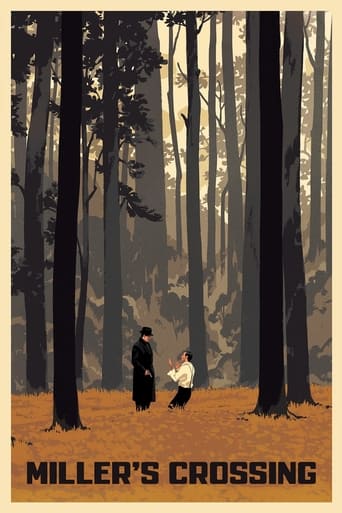
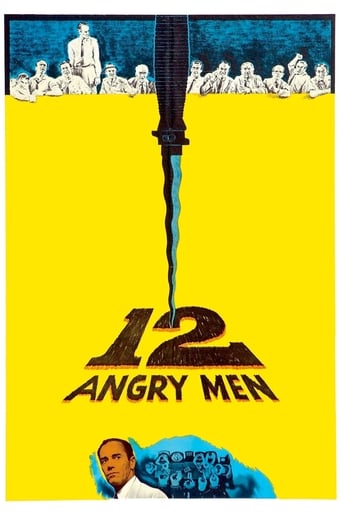
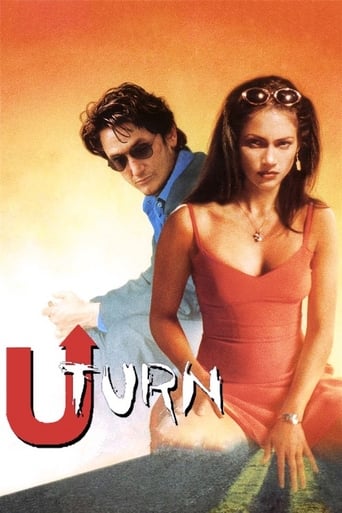
Reviews
After viewing Alain Robbe-Grillet's L'immortelle (1963), Trans-Europ-Express (1967), and The Man Who Lies (1968), Eden And After (1970) was a VERY BIG disappointment for me. I didn't see ANY artistic merit in this film whatsoever. I didn't see ANY interpretive meaning in this film either. And as a "straight" dramatic performance, this film just doesn't cut it either.I had to stop watching this film about half way through, which I NEVER do. The whole premise of the storyline, if you want to call that, is absurd. Sorry, but college students in 1970 just didn't act the way the kids in this film do. In France in May 1968, the college students of Paris demonstrated, and incited mass riots, bringing on a general strike that paralyzed France for a week, and they all did it out of their sincere belief in "democracy". In 1970, college students all over the world were demonstrating against the Vietnam War. Many female college students at that time were involved in the new feminist movement, not taking part in a fake gang rape of one of their fellow students. College students who were socially and politically active in those years were also busy keeping up with their studies. Those college students who weren't politically or socially active were just trying to study, finish school, get a job, and start a family. I don't know this filmmaker got the idea that college students circa 1970 were interested in "games" involving fake murders, and fake gang rapes, because they clearly weren't.The so called local college hangout, Eden, in this film is just from outer space. I was a college student in the SF Bay Area circa 1970, and no students would hangout in a squeaky clean chrome and glass "café" with a waiter dressed in a tuxedo, no less. Just unreal.So then a middle aged stranger wearing a business suit just walks into the café one day and tells one girl to cut her hands bloody by picking broken glass off the floor and she just complies?? Then this stranger tells another college girl to eat some white powder he calls "fear powder" and she does so willingly and ends up on some sort of bad trip? Sorry, college girls are just not that STUPID, especially when dealing with a middle aged man whose name nobody even knows.So even though only one student, Violette, took the hallucinogenic "fear powder", the whole gang of friends are watching a documentary about North Africa, and they all have an identical hallucination about being in North Africa? Or did the "fear powder" fairy waive her magic wand and actually make them appear in North Africa? When all the naked girls, the bondage, , the bath tub full of blood, the naked girls in cages, and the naked girl laying bleeding on the bed of spikes started, I knew that I had enough. Time to throw in the towel on this film !!! I have no idea what happened to Robbe-Grillet to go from the three earlier films of his that I saw, all of which having a high degree of artistic merit, and all having screenplays that were well conceived, well detailed, and well executed, then to go to this disastrous mess like this film.The great amount of sex and violence in this film was strictly gratuitous, as far as I could see, and was only there to titillate the viewer, if he was so inclined. None of the sex and violence really had any symbolic significance, or contextual meaning, as far as I could discern.Maybe Robbe-Grillet just took a heavy hit of LSD and went on a bad trip that he was still on when he made this film. I don't know, but that sure would make more sense than to assume that this previously great filmmaker could produce this loser of a film when he was straight and sober.
"Boredom reigns supreme; we will do anything to escape it. Suffering is nothing more than a newspaper headline." - Schuberth Though David Lynch cites him as an influence and though he wrote the screenplay for "Last Year at Marienbad", Alain Robbe-Gillet's feature films now tend to get little attention. One of his best, and his first in colour, is "Eden and After", a near impenetrable co-production between France and Czechoslovakia.The film's first third takes place in the "Eden Cafe", a psychedelic joint rife with youths, drugs, jaded sensualists, Coca Cola billboards, "Drink Blood" slogans and mock funerals. It's a den of apathy, Eden's inhabitants withdrawn from political engagement and basking in escalating games of performance/role-playing, each of which stresses risk, ritual, power, even rape. Outside Eden, the world is an industrial wasteland; Antonioni's "Red Desert" at midnight.This cloistered, Edenic existence is shattered by the arrival of "the stranger", a ghostlike figure who imposes his visions upon Violeete, a young woman whom he meets. Significantly, these visions are triggered by the vanishing of an abstract painting. From here on, reality and "hallucinations" seem to bleed into one another, Violette thrown headlong into the deserts of North Africa – mankind's cradle – and other bizarre locations, including factories and the site of the stranger's own death. As these visions plague Violette, who seems deliriously lost in time, she finds herself "collecting" various objects, be they keys, books, or postcards. But the objects fail to ground Violette. As she becomes increasingly unhinged, sadomasochistic images needle into her skull.Thematically "Eden and After" may be Godard/Fassbinder in full activist mode – chartering the post-1960s death of innocence, the souring of idealism, a global retreat into addictive and increasingly intense bio-chemical and mediated escapades (at one point a Russian roulette player wishes he were playing with real bullets), the beginning of Fukuyama's "end of history" and the seeming death of "social alternatives" - but visually it's a wholly unique beast. Robbe-Grillet, who has always been interested in phenomenology, structures the film as a mythic spirit-quest, his camera trying to sketch the fleeting, emotional and psychological "surfaces" of his characters. Indeed, almost all the role-playing (and stories) that unfold in Eden have analogues in Violette's "outside world", implying that the film is either a drug fuelled dream, a premonition of an already unfolding future or that Eden, for all its distractions, is itself a training ground, a place where the subject's "inside" is colonised before he/she enters the wastelands "outside".Early in his career, Robbe-Grillet set out to be "hostile to the very idea of a narrative". We see this clearly in many of his films and screenplays, most of which shun continuity and causality in favour for a series of seemingly unrelated, temporally out-of-sync segments. This is largely why viewers remain sympathetic to the Cahiers du Cinema or "Right Bank" group of French filmmakers, who tend to be a bit more audience friendly (Truffaut, Chabrol etc), whilst shunning Grillet and the "Left Bank" or "Nouveau Roman" (New Novel) group of film-makers (Resnais, Grillet, Agnes Varda, Melville, Chris Marker, Richard Roud), who ignored convention and had an already existing engagement with experimental literature. Note that many of the Right Bank filmmakers – Godard, Rohmer, Rivette – would come to resemble their Left Bank brothers from the 1970s onwards.No surprise, then, that "Eden and After's" narrative is based on the musical structures of Austrian composer Arnold Schoenberg, who invented the twelve-tone technique, a technique that ensured that all 12 musical notes are essentially given equal importance. For Schoenberg, the "twelve-tone" is such that there is no longer any dominant "sound", just a constant, often discordant sounding (how can something be disharmonious when the musical piece is designed to have no harmony?) repetition of the same notes. So what "Eden and After" does is takes its very loose plot (a hybrid of "Alice in Wonderland" and the Marquis De Sade's "Salo" and "Justine") and repeats a series of 12 themes - each with its own 12 sets of image banks - over the course of twelve segments (or some argue ten: "Intro", "Eden", "Drugs", "Games", "The Stranger", "The Factory", "Tunisia", "Djerba", "The DutchMan's Villa", "Prison", "The Desert"). For example, Robbe-Grillet will have real villages overlap with postcards of villages, or blood and blood-art overlap with sexual fluids and real blood. Meanwhile, doubles are mirrored to doubles, incidents occur in groups, and motifs are repeated and retextualized as they reappear from scene to scene. This leads to a visually unorthodox film, but one which viewers sympathetic to more surreal, expressionistic directors may find appealing. 8/10 - Multiple viewings required.
I suppose an argument on whether or not "Eden and After" is a load of pretentious twaddle or a film with real substance could go on forever, but whether or not there is more than the typical late 60's/early 70's drugged-out pseudo-intellectualism here is irrelevant. I don't think Robbe-Grillet's intention is to make a 'Grand Statement' of any sort, "Eden and After" seems interested mostly in asking questions and provoking a response from the audience, as well as in its aesthetic sensibilities."Eden and After" has been described as a highbrow soft-core flick, not only in another IMDb comment but elsewhere as well, and it's a fair enough label- many of the images here, particularly in the last forty minutes of the film are certainly erotic, or at least obviously were to Robbe-Grillet. Robbe-Grillet has achieved genuine sensuality with his imagery. It's not porn, there's none of the visceral satisfaction of that sort of thing, it's actually evocative enough to earn the 'erotica' label, although the film certainly has ambition beyond that.Indeed, dismissing this as a skin flick is a bit moronic; there's so much more here. It's a dark, captivating, occasionally nightmarish, and very interesting film. The sound mixing here is absolutely superb, much like it was in the only other Robbe-Grillet film I've seen so far, "Trans-Europ-Express", and the cinematography stunning, especially after the film shifts focus to Tunisia in its final act. This was Robbe-Grillet's first color film and the opportunity is not wasted- everything from the minutest detail of the design to the cast's wardrobe is a carefully-orchestrated visual extravaganza of bold colors, often used very well in the film to emphasize a point."Eden and After" is something special, and whether or not you like it you have to admit that it's a unique experience and that much of the imagery is jarring and very effective. For me it was one of the most intense and involving viewing experiences of my life and is already one of my favorite films, having viewed it twice in a row, something I have rarely ever done before. I can understand disliking this one, but you have to give it credit at least as an aesthetic achievement.
Typically elliptical Robbe-Grillet "narrative" about college students playing games with and enacting quasi-dangerous pranks on each other, mostly in a Mondrian-inspired cafe with colored panels and mirrors, until a Magus-like stranger inspires (?) or leads (?) them to more dangerous pursuits and practices in Tunisia. Or is it all a fantasy of the lovely protagonist, Violette (Catherine Jourdan)? What is real, and what is imaginary? Nothing in movies is real, except for the image itself, including the images of actors enacting behavior that is not real, but which represents the imagination of the writer/director. Many familiar R-G tropes here: beautiful women in bondage, and in blindfolds; a glass shattering on the floor; violent sexual encounters; exotic locales. Is there an underlying profundity here, or is it all just a provocative intellectual game of repetitive themes and obsessions, masterfully strung together in a sequence of beautiful images and sounds? The latter, one suspects. Everything is on the surface, even the violence; scenes of Russian roulette a deux, or a suicide by revolver in a blood-filled bath, evoke no real emotion in the viewer, apart from an admiration for Robbe-Grillet's ability to put his rather specialized fantasies on film for the delectation of cinemaddicts everywhere.
